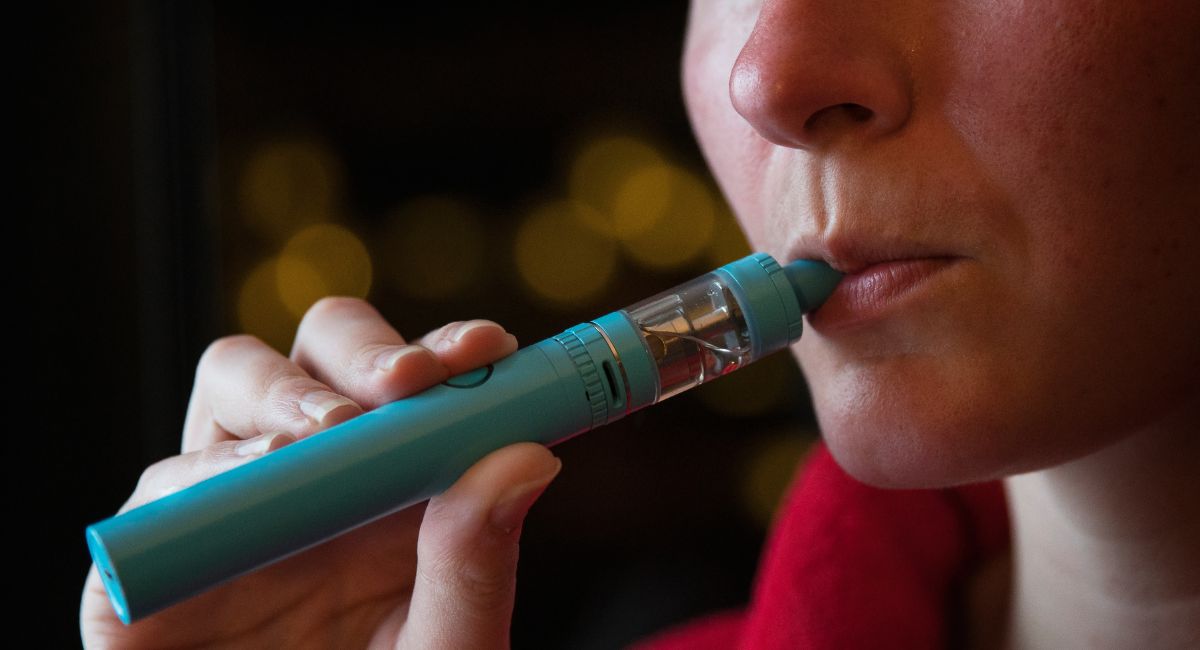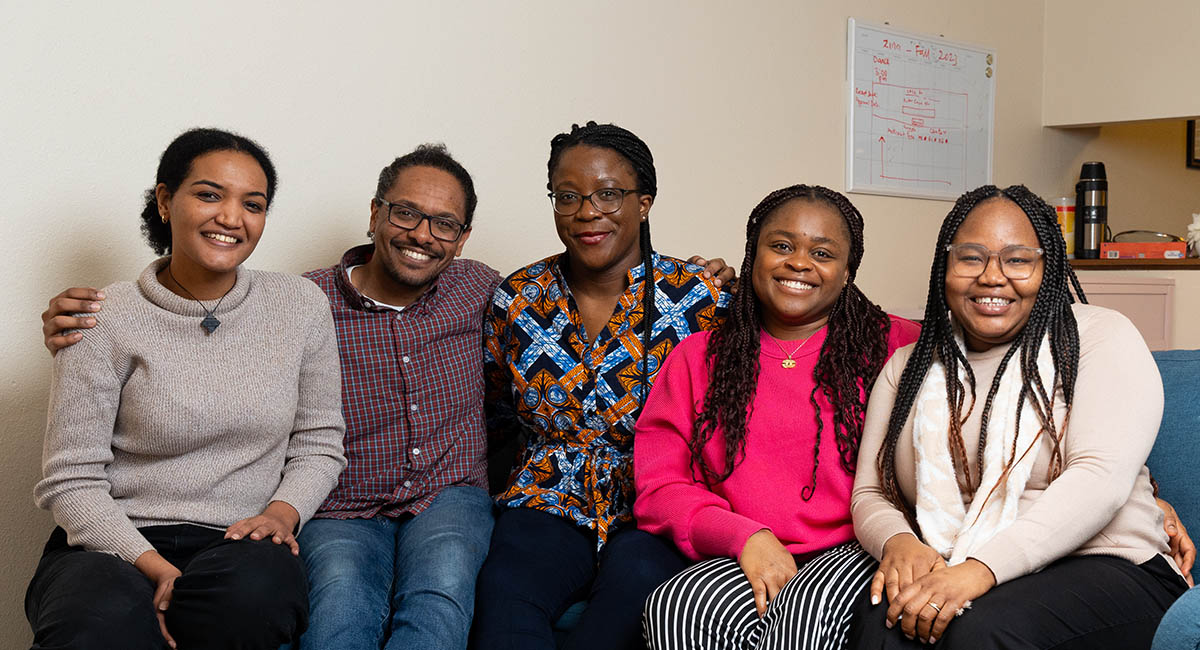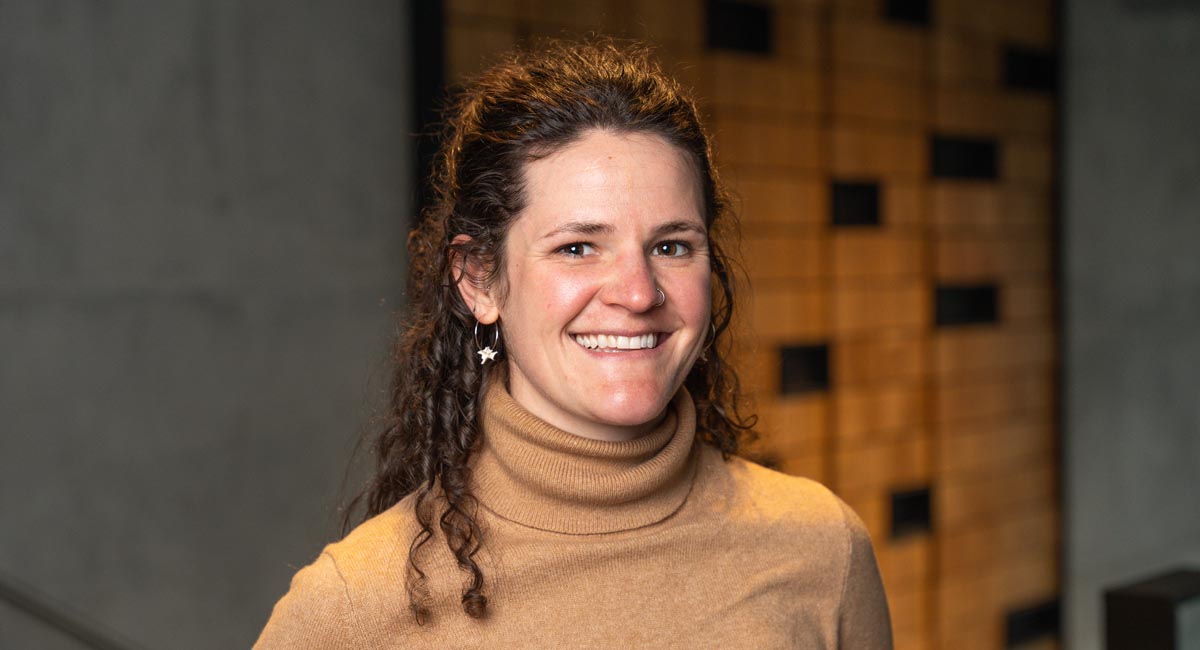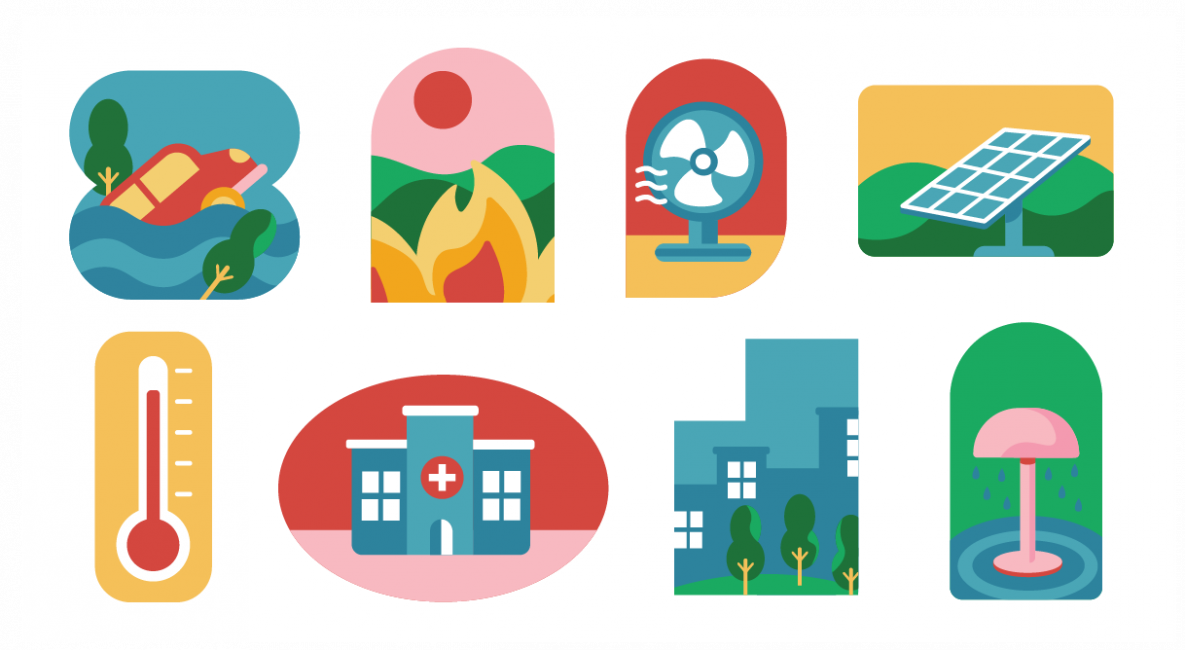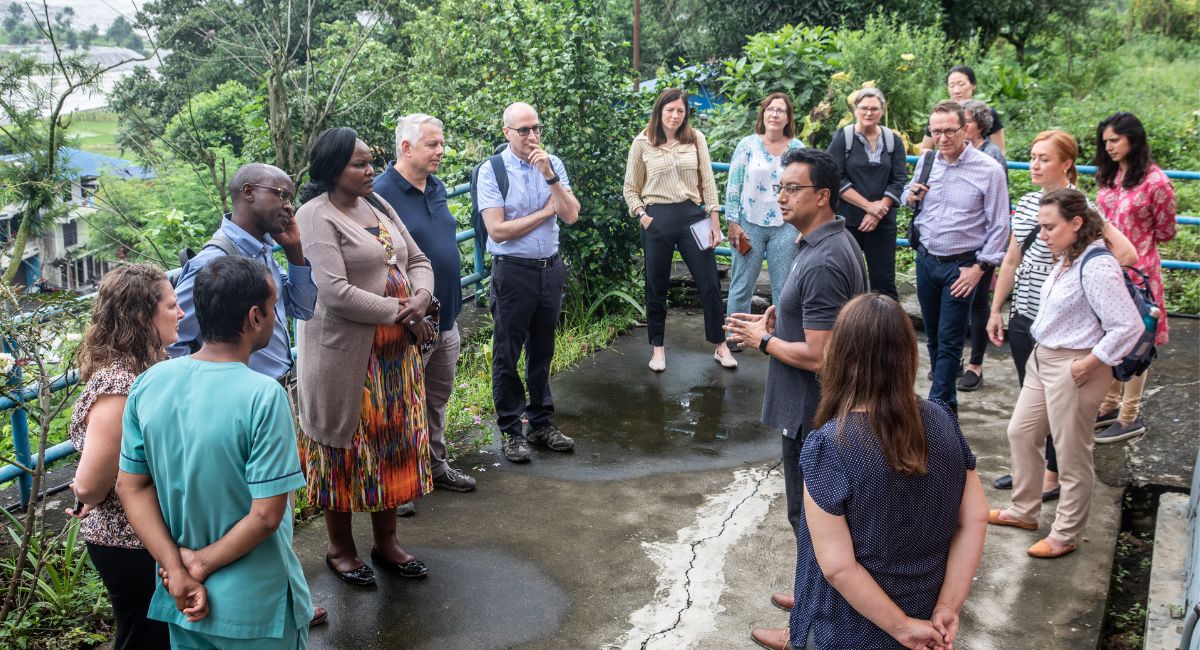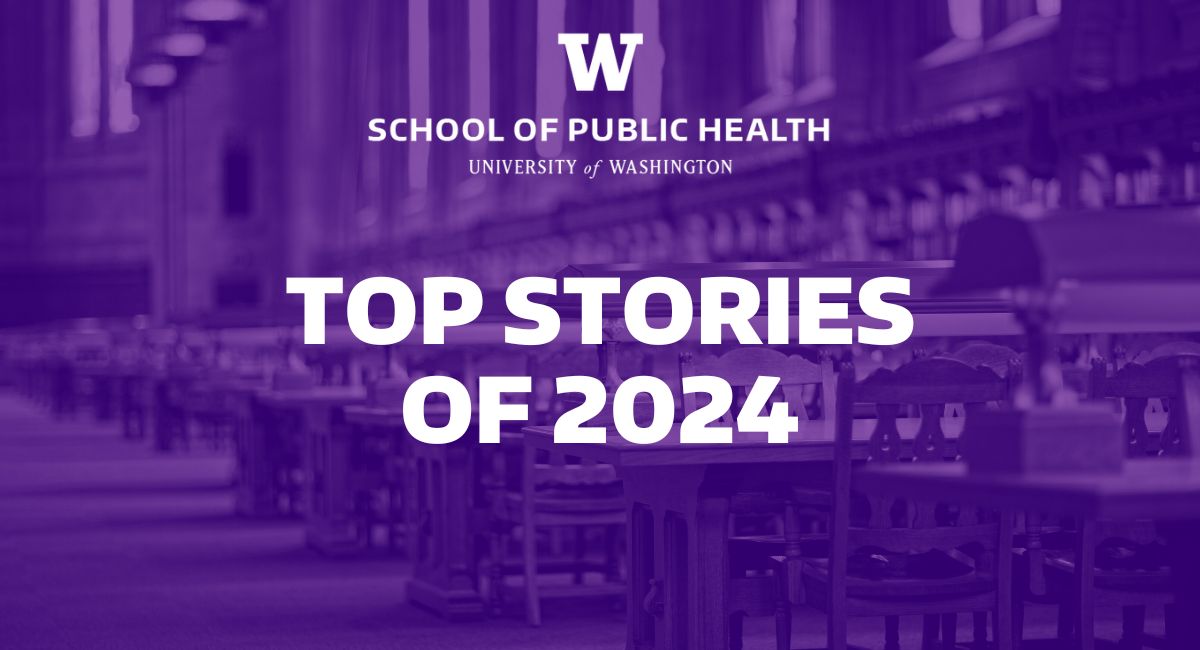
Health inequities may seem abundant in this world, but that has not dissuaded communities from taking action to transform public health.
“The world is not short of good people,” said University of Washington School of Public Health (UW SPH) alum Biraj Karmacharya, who leads impactful public health work from his home in Nepal. “If the vision is clear and the purity of the mission is there, it draws good people and good thoughts around it.”
In 2024, UW SPH students, faculty, alumni and community partners have approached health inequities with a determination to make change. They’ve been uncovering health disparities caused by gender-affirming care bans, innovating ways to improve access to maternal mental health care and building supportive communities where everyone can belong and thrive.
Their work will continue in 2025 and the years to come. But it’s important to reflect and recognize the work that has been done. That’s why we’re sharing a recap of seven stories of public health impact from this past year, which were some of the most-read on the UW SPH blog. You can view dozens more of these stories on our website and follow along as our community continues the critical work of building a world of healthy people.
1. Improving maternal mental health is key to addressing U.S. maternal mortality
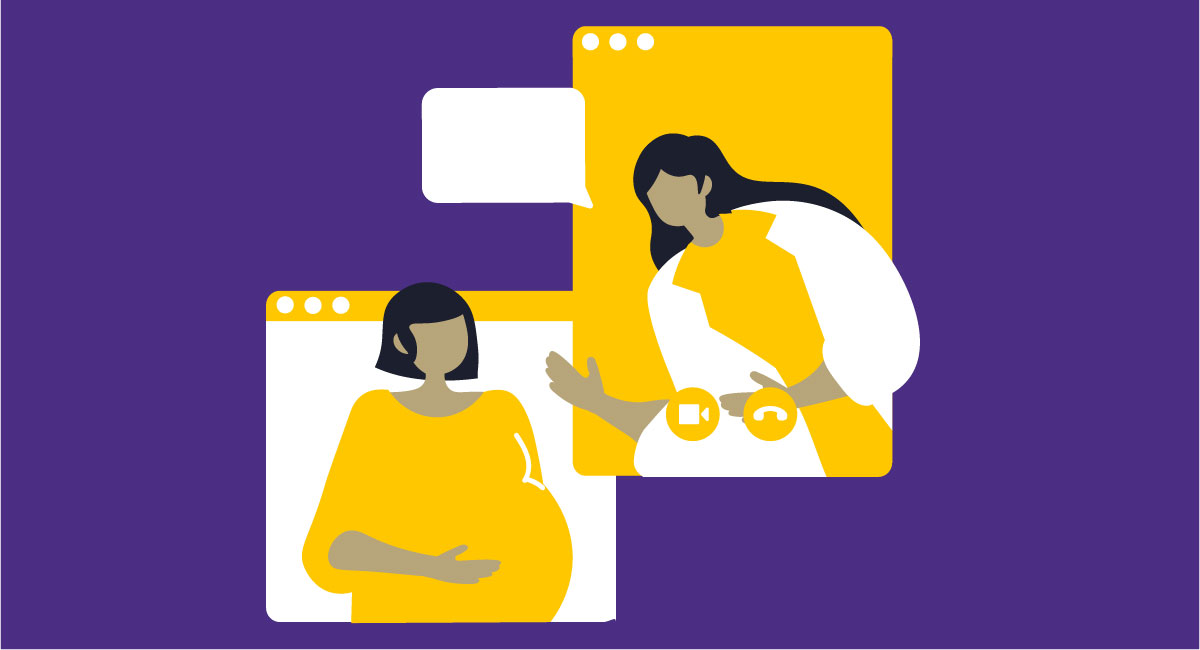
Many people know that the United States has the worst maternal mortality rate among high income countries. What they might not know is that the leading cause of these deaths is attributed to mental health. Preventing these deaths is an important area of research and practice for public health professionals. Students at UW SPH have been partnering with organizations to understand how everything from appointment scheduling to state insurance policies can be improved to better support the mental health of pregnant people.
2. Gender-affirming care bans disrupt mental health of trans youth and their caregivers
Gender-affirming care bans across the country are having negative impacts on the mental health of trans youth and their caregivers and causing tensions amongst medical and mental health providers who are responsible for the health care of trans individuals. These findings come from a literature review led by UW SPH researchers, published in Current Pediatrics Reports in June 2024. The review analyzes research published from 2021-2024 on the growing number of gender-affirming care bans and their impacts on trans youth, their caregivers and health care providers. The review also provides recommendations for future research and advocacy in this area.
3. Multi-substance use, including e-cigarettes, associated with poor mental health in college students
E-cigarette use has grown in popularity among young adults — including college students — over the past decade. E-cigarettes appeal to young adults due in part to their array of flavors, addictive properties, and targeted marketing toward this age group. While the negative impacts of nicotine on physical health are well-known, researchers want to understand the association between mental health and use of e-cigarettes and other substances.
4. How a student-created program is building family amongst international public health students
The International Student Success Program (ISSP) at UW SPH is a grassroots program created by international Black graduate students to address the unique challenges faced by their peers, particularly those who moved from countries in Africa to the U.S. for graduate school. ISSP provides essential support to these students, including airport pickups, temporary housing arrangements, donated home furnishings, and mentorship. By helping international graduate students adjust to life in the U.S. and at the UW, ISSP fosters a sense of community and ensures a smoother transition for these students, so that they can focus on solving the public health challenges they came to UW to study and address in their home countries. ISSP has received great community support from Seattle residents who have donated money and furniture for incoming students. Starting this past year, the School institutionalized ISSP into its Student and Academic Services unit to provide financial support and longevity for the program, though it remains student-run.
Social disconnection has serious health consequences, like increased risks of heart disease, stroke, dementia and premature death. One place where addressing the health impacts of loneliness and social isolation has gained momentum is in Canada, particularly through social prescribing. This refers to a holistic approach connecting individuals to a range of non-medical supports, resources and activities to improve social and community connectivity and well-being. For her practicum, Keeley Ffrench, a Master of Public Health student at UW SPH, worked with the Vancouver Island Social Prescribing Community of Practice to scale up a social prescribing pilot project using evidence-based interventions implemented elsewhere in Canada through outreach, promotion and education.
6. How researchers and communities are protecting health in a changing climate
7. Biraj Karmacharya builds ecosystems for public health

